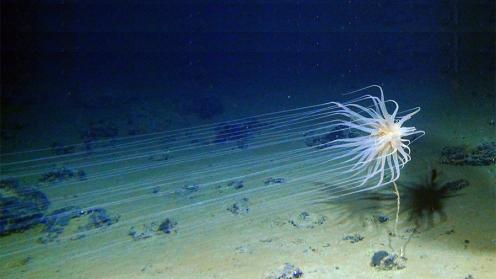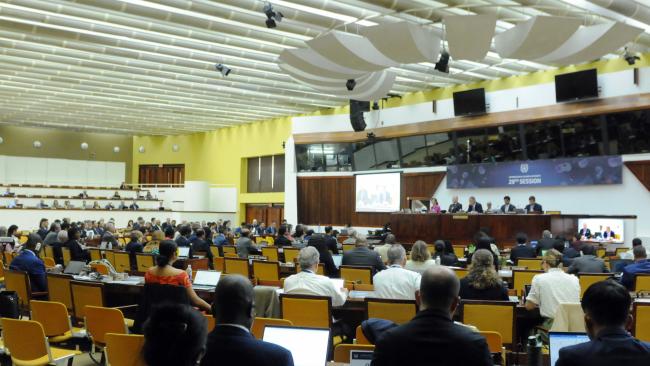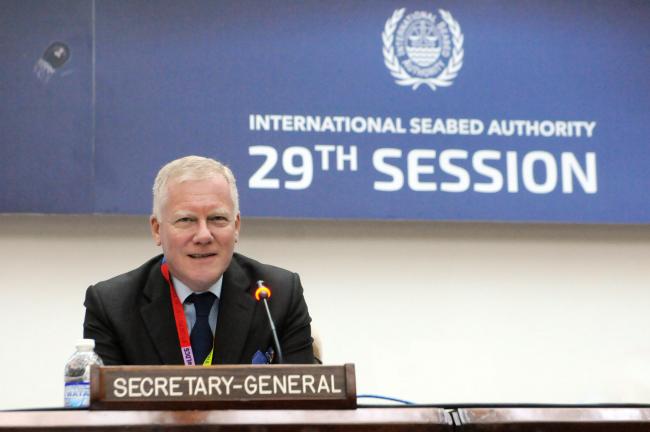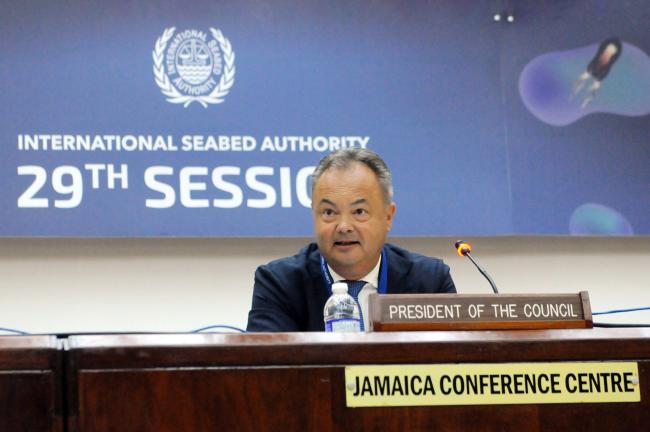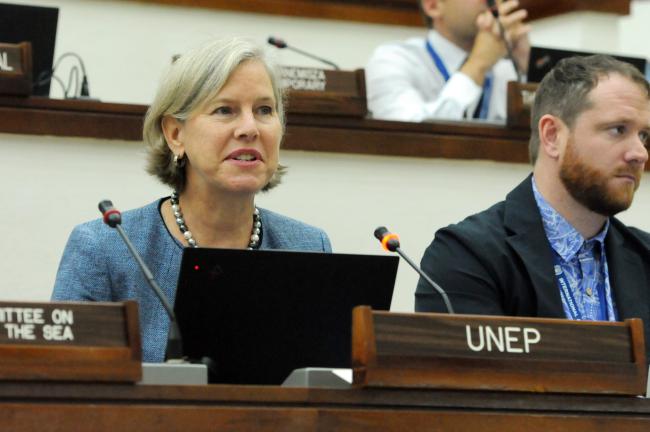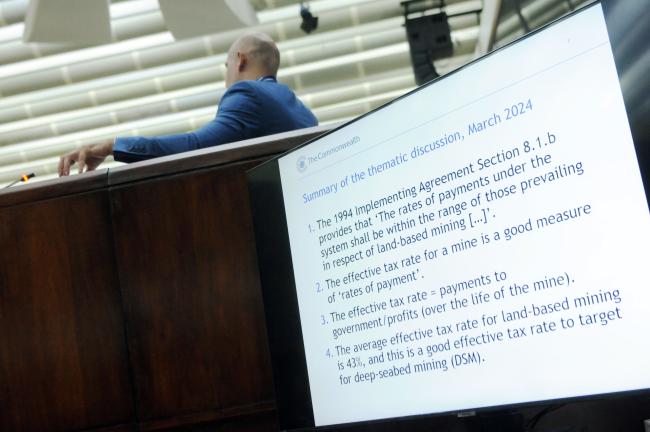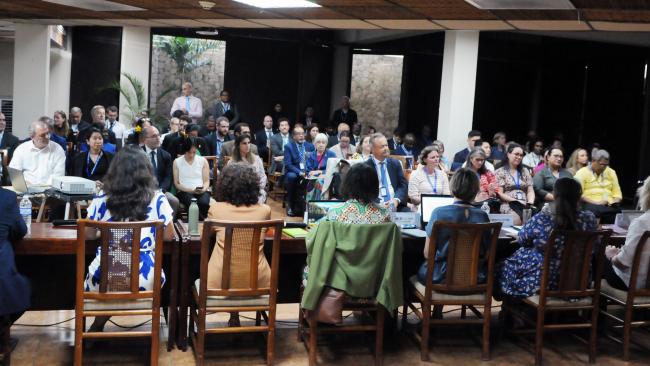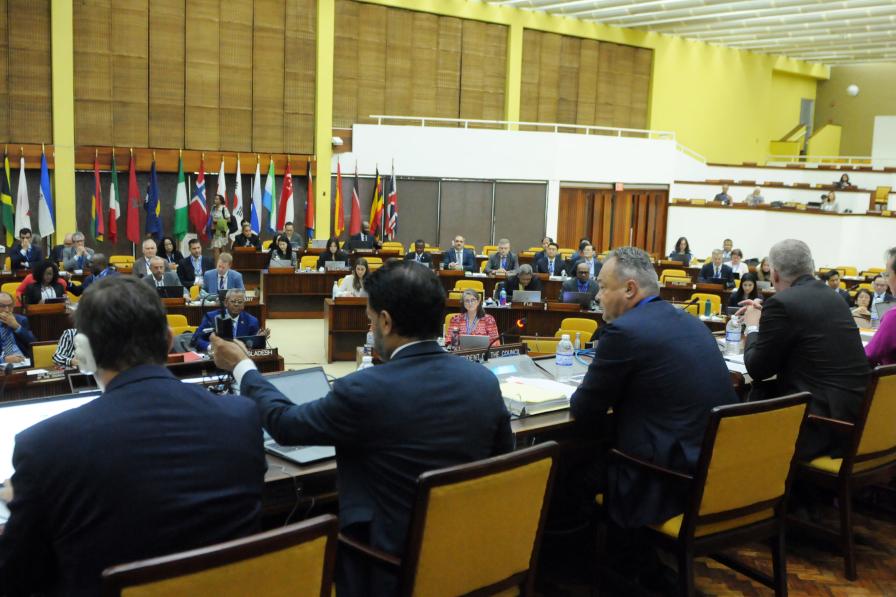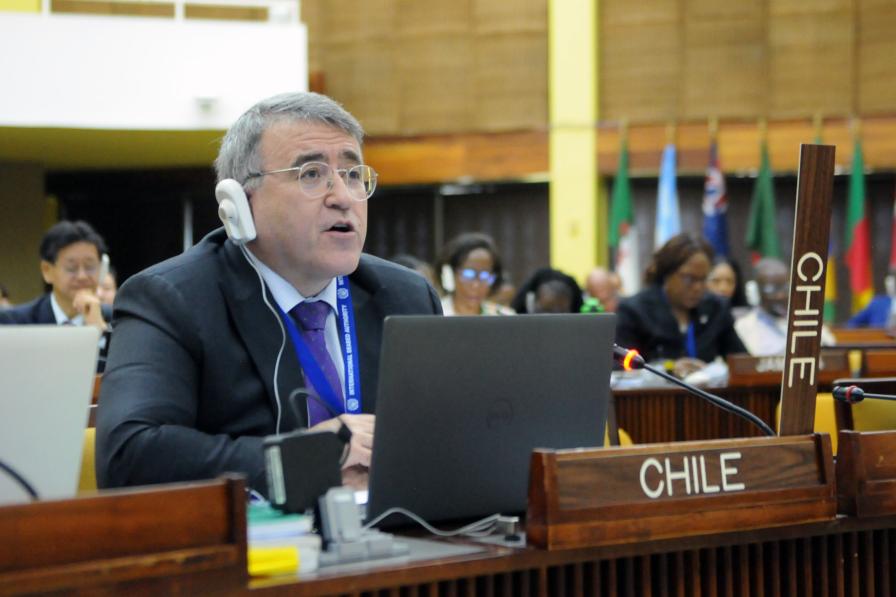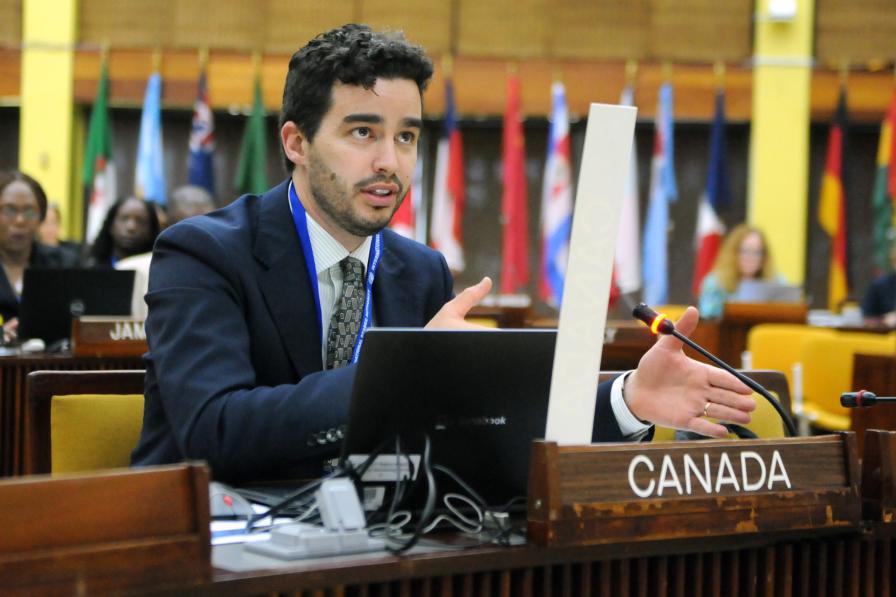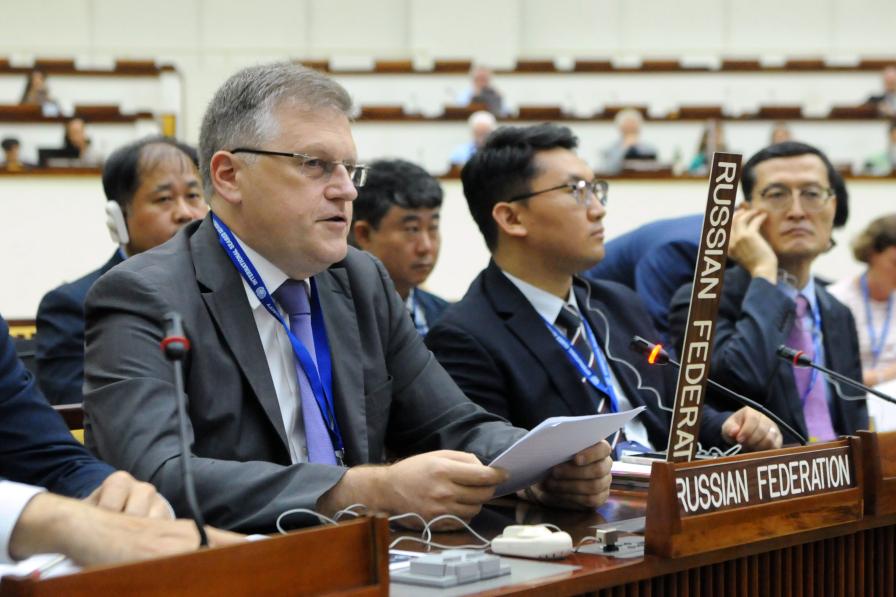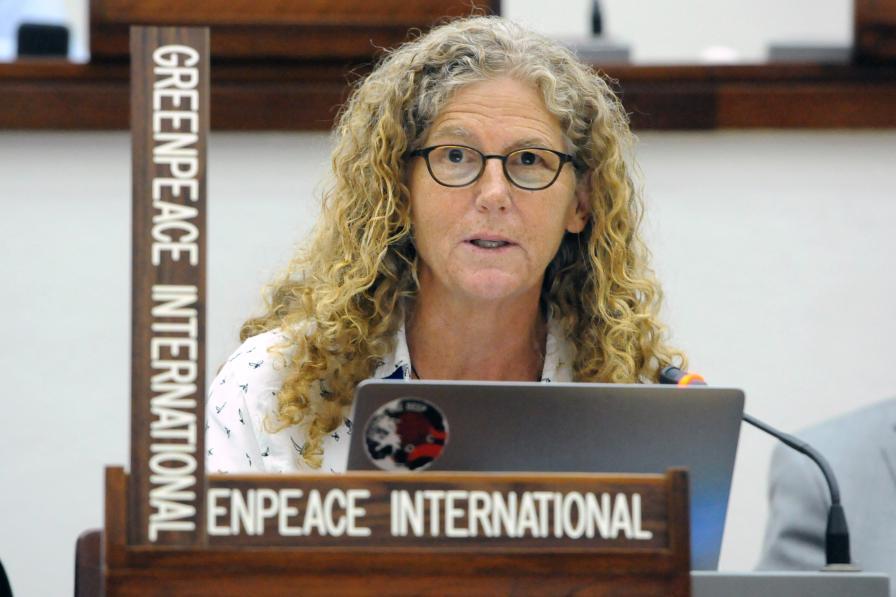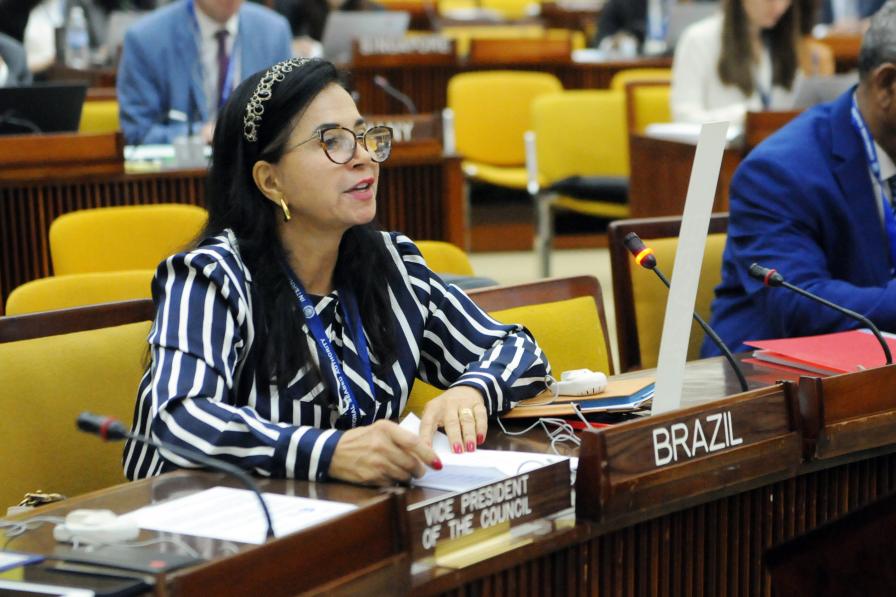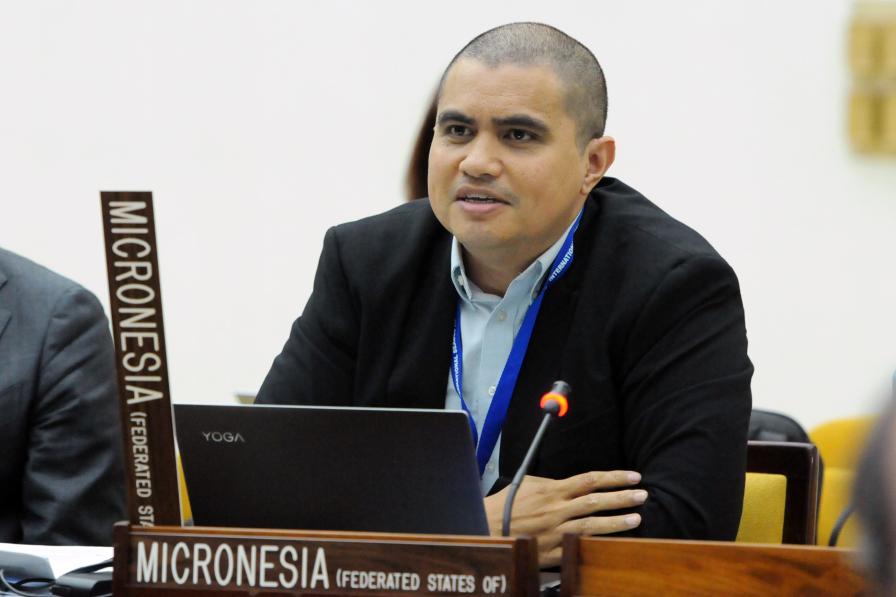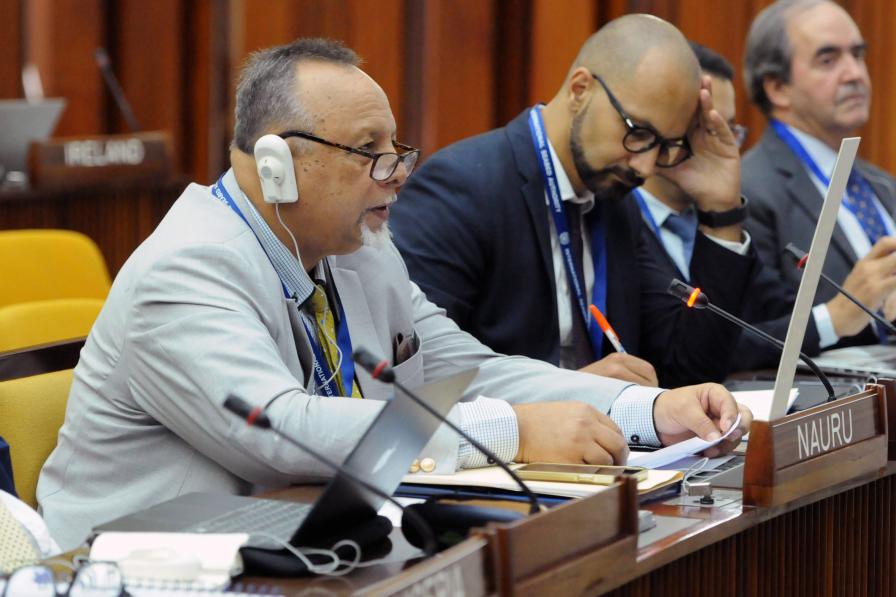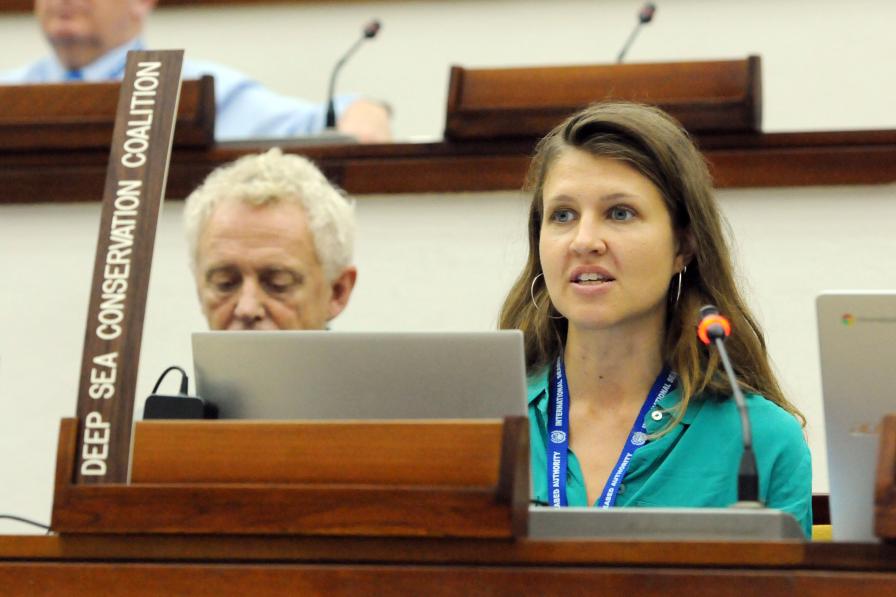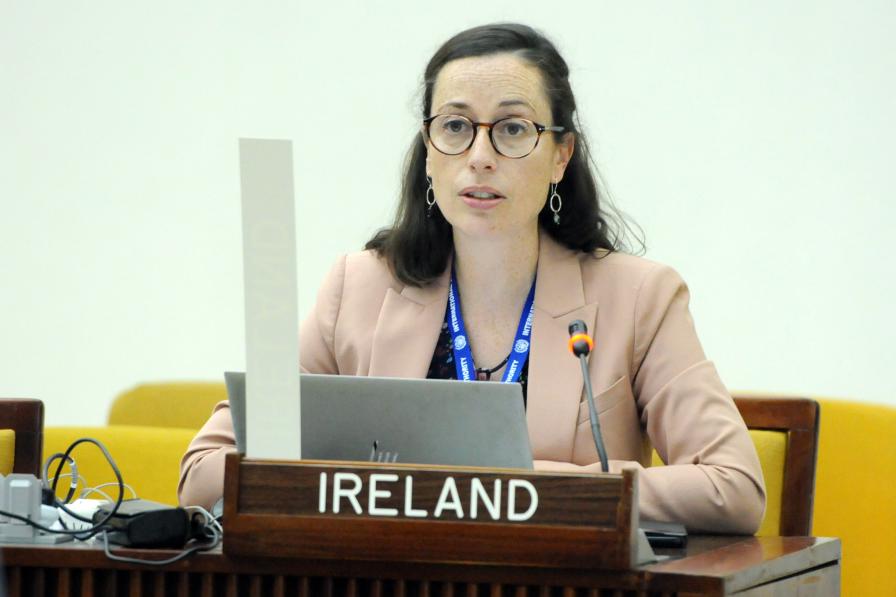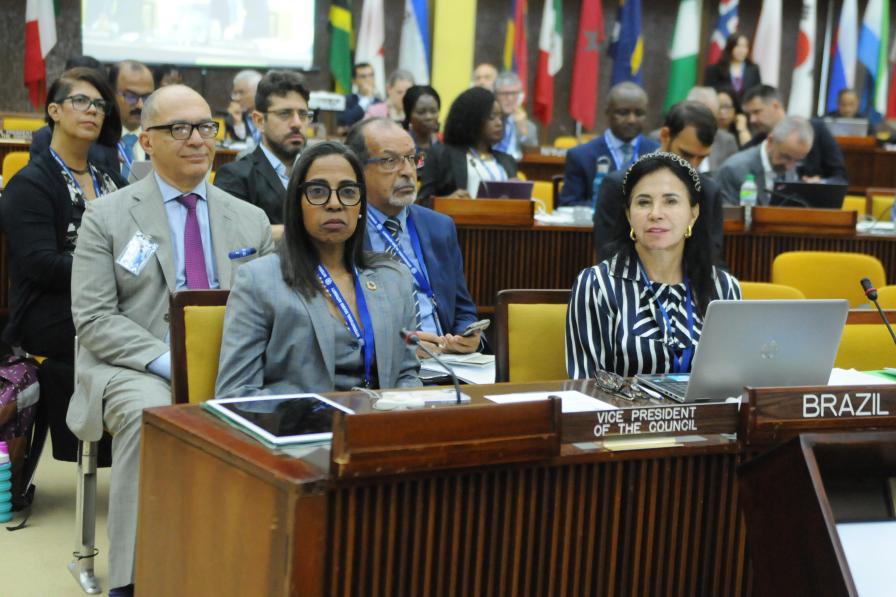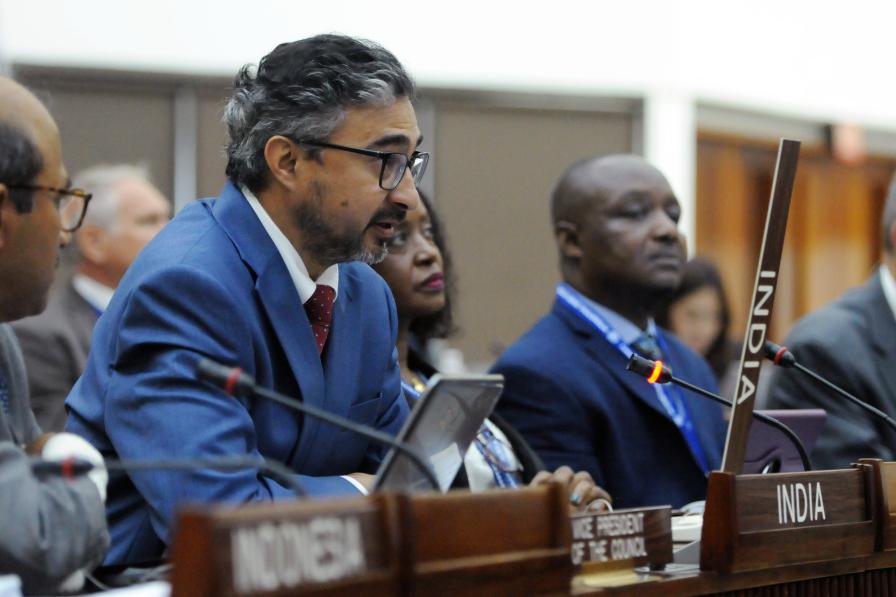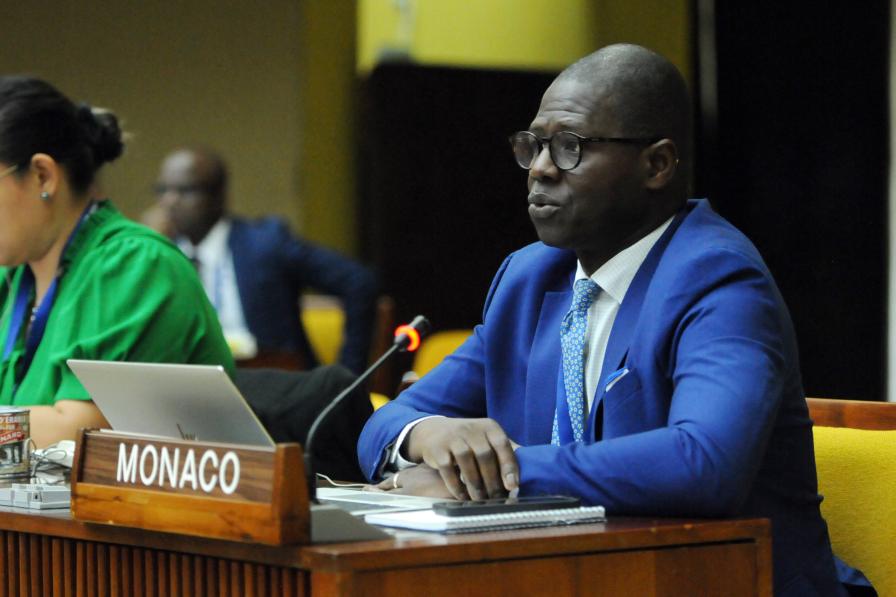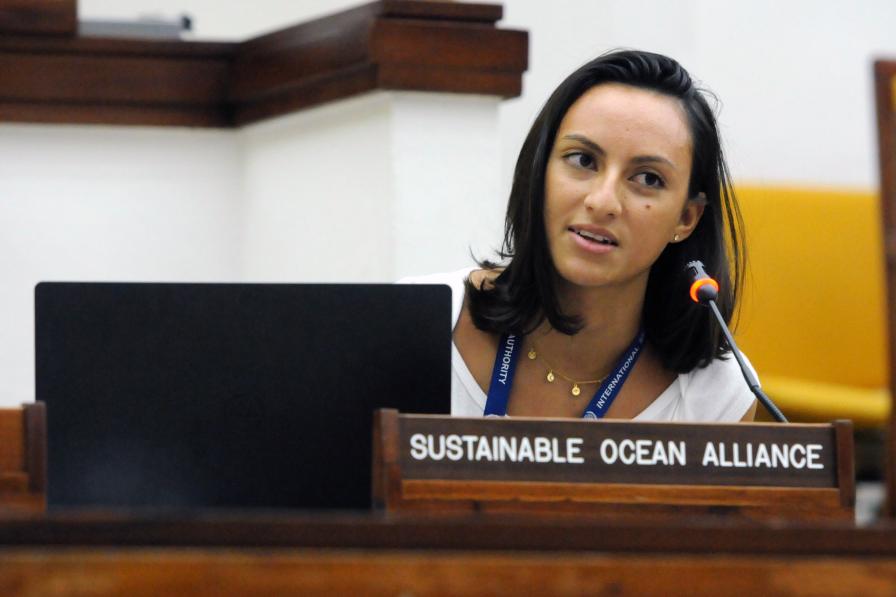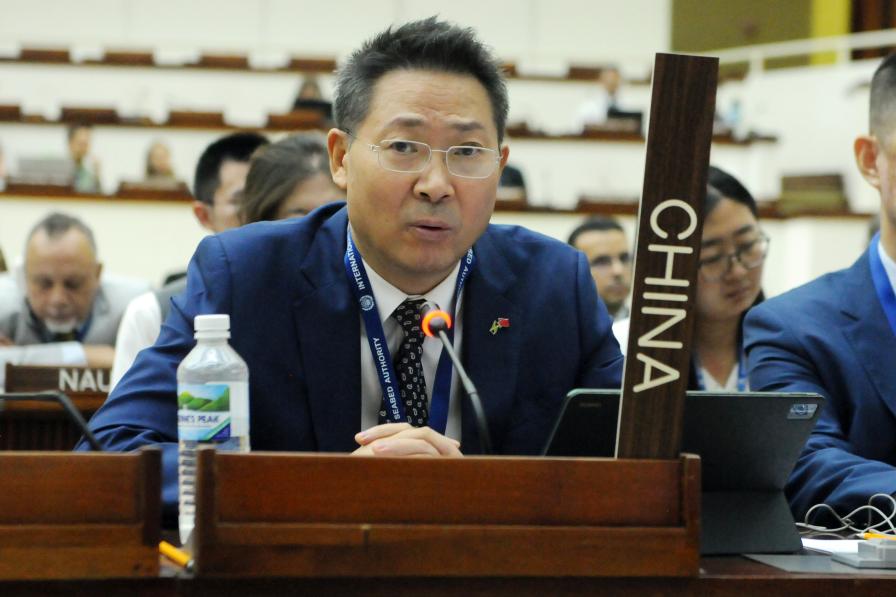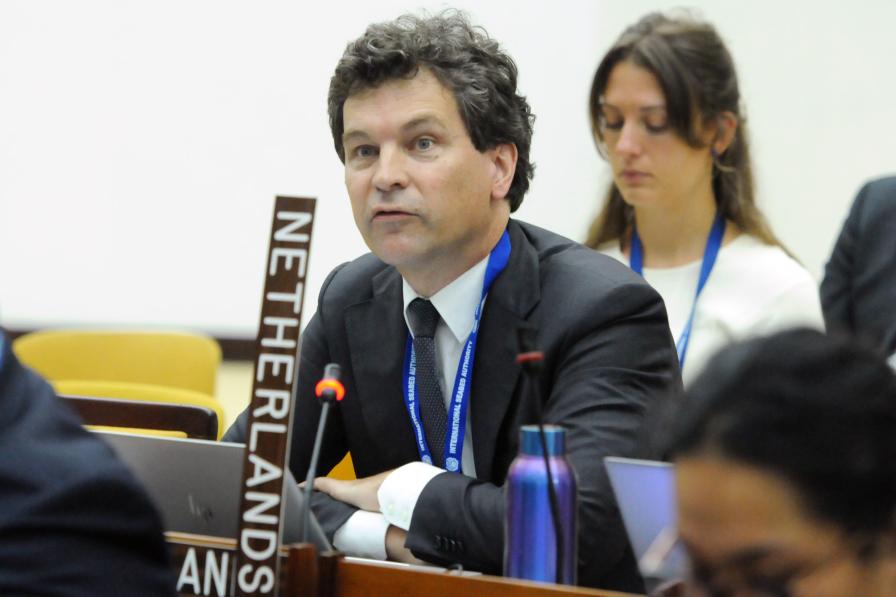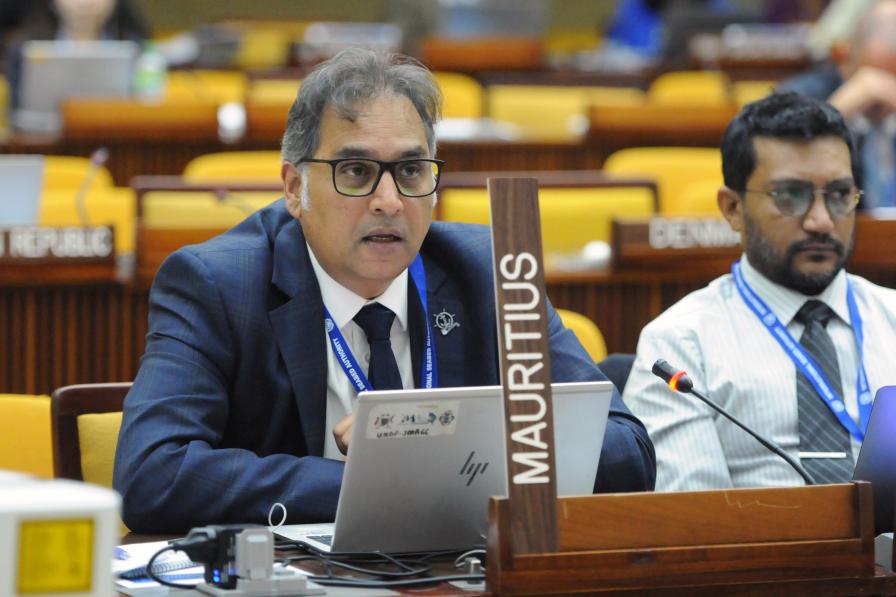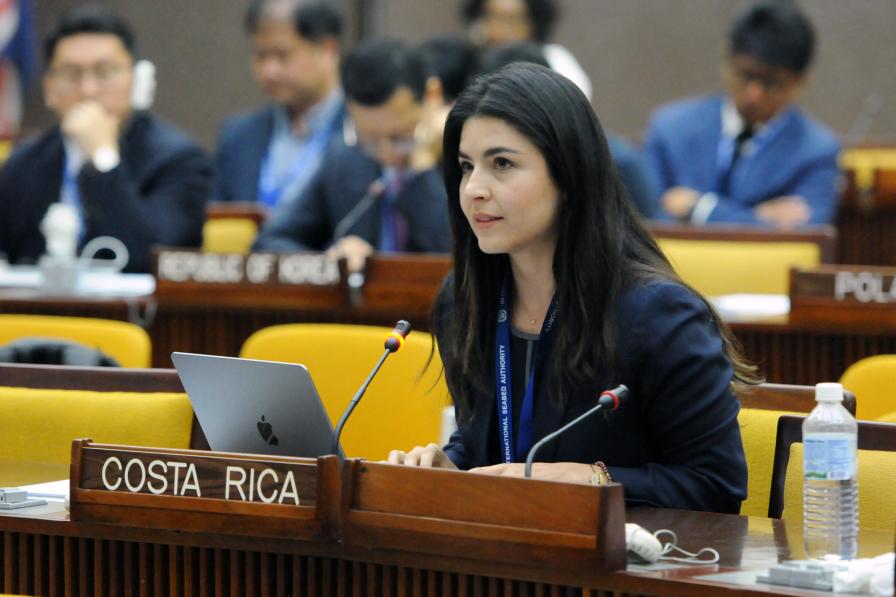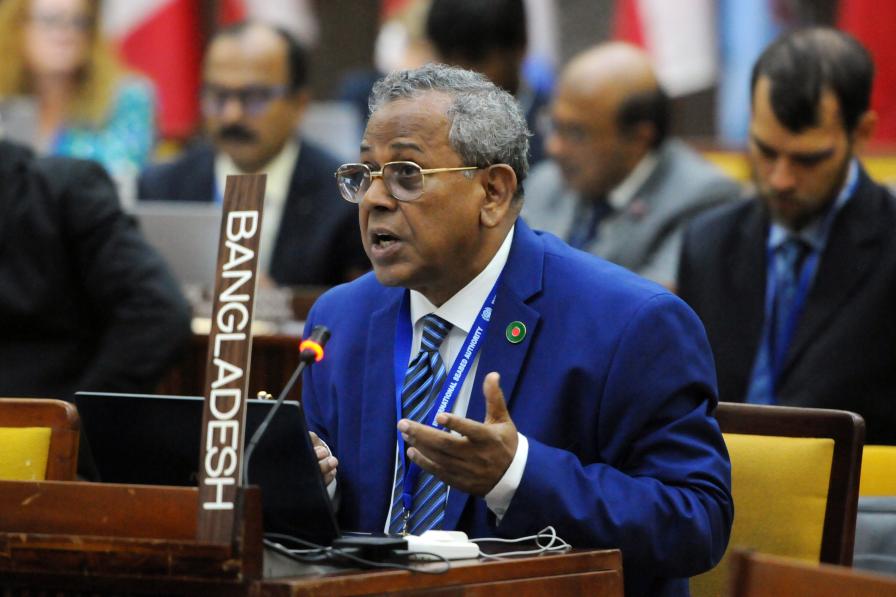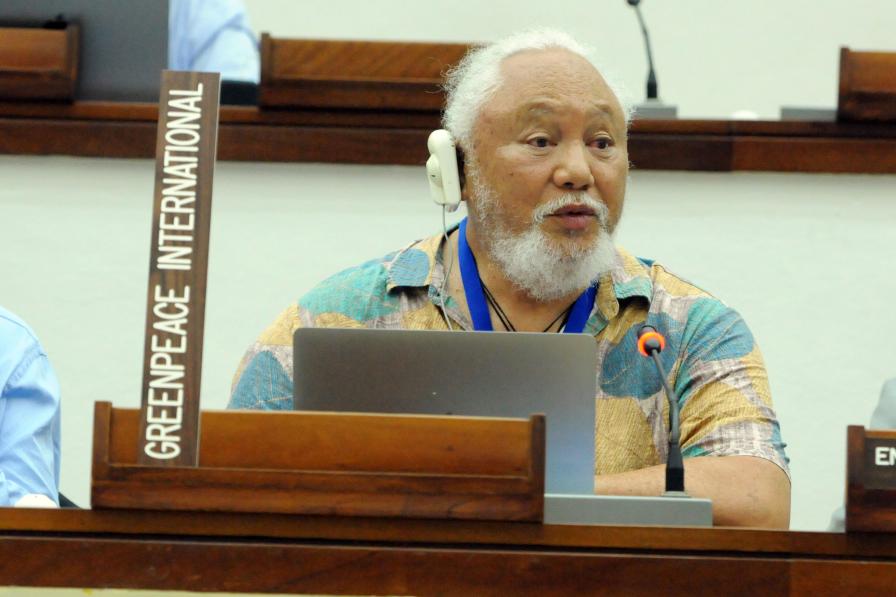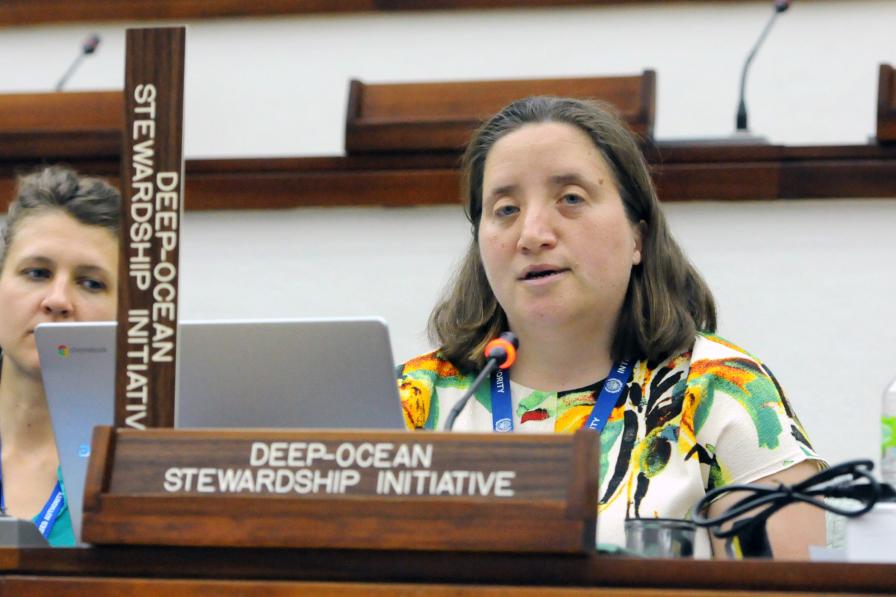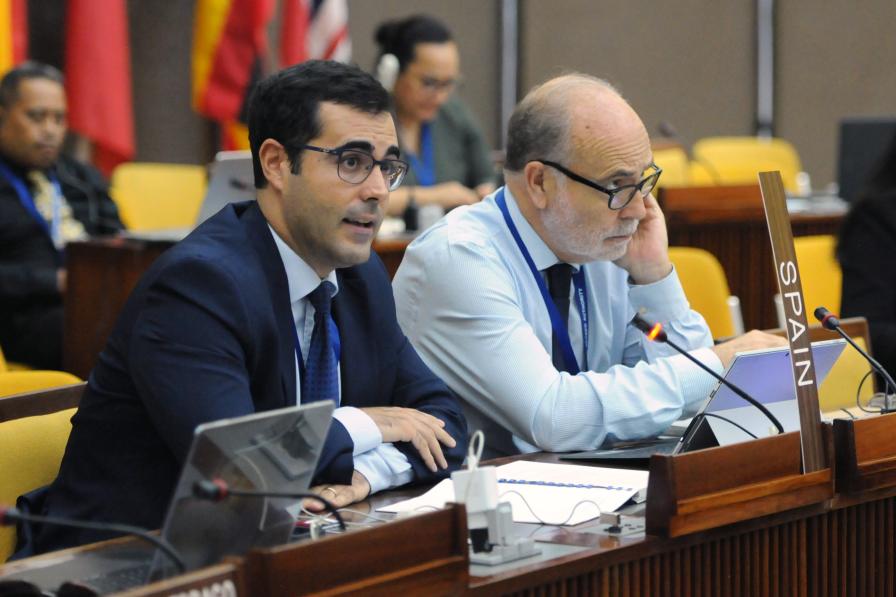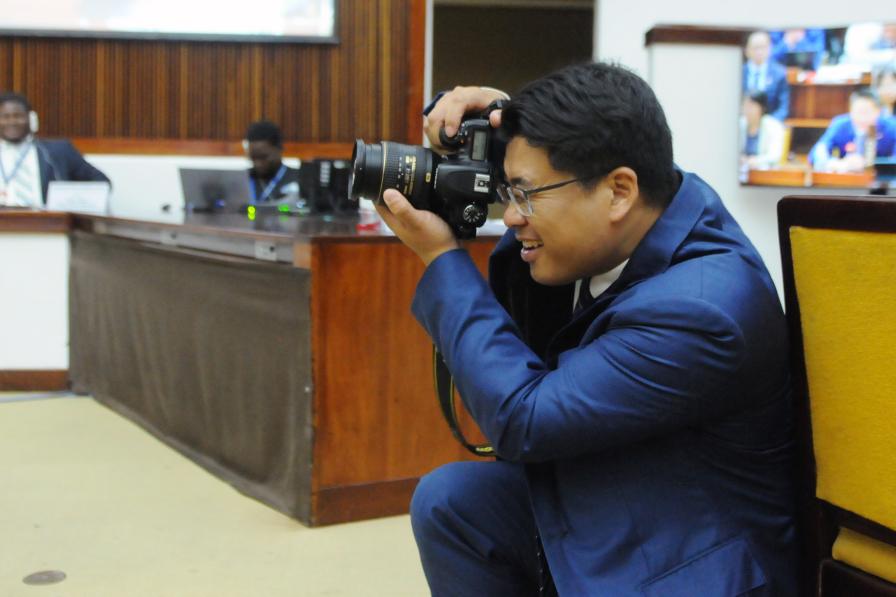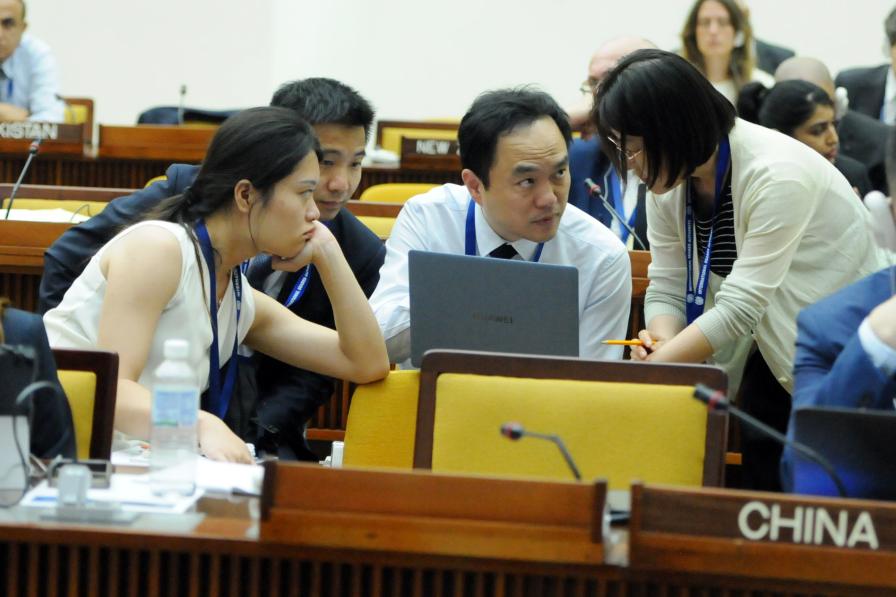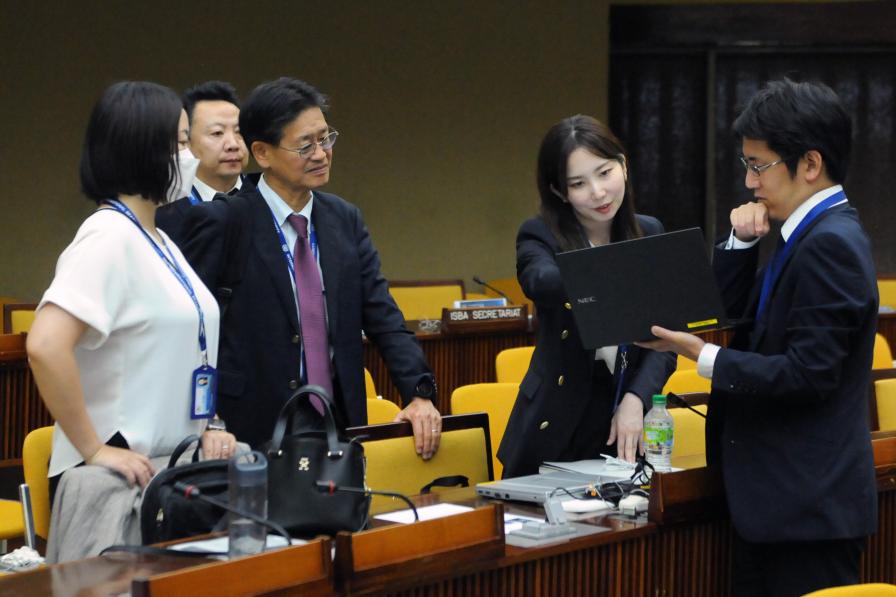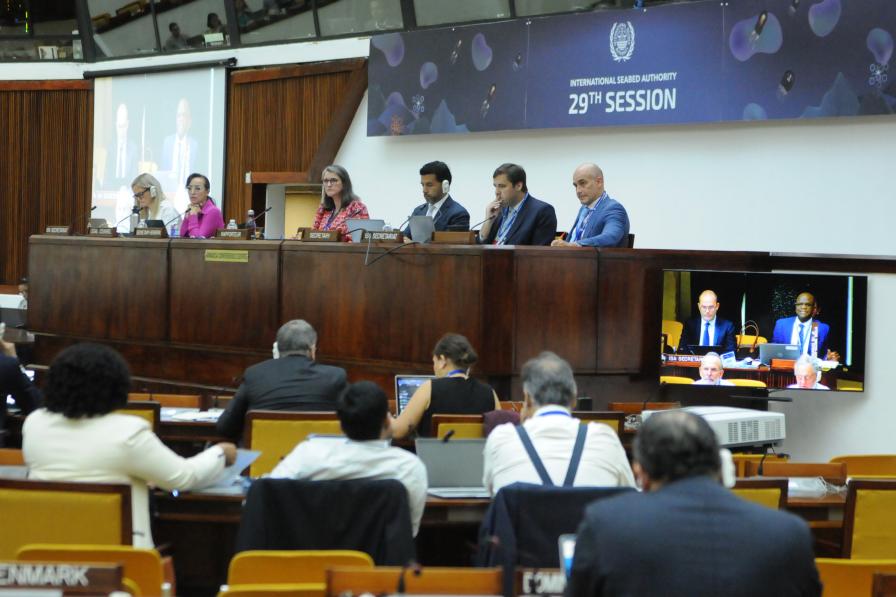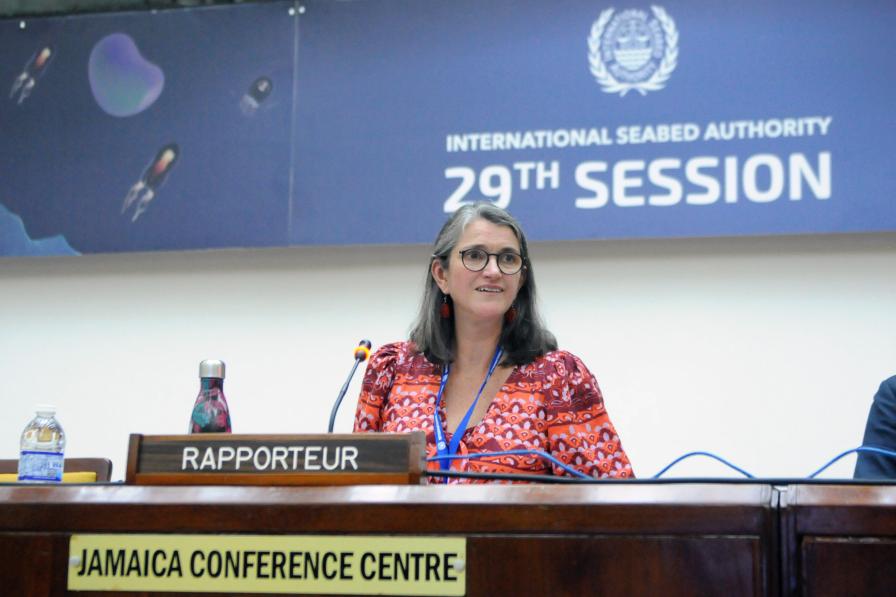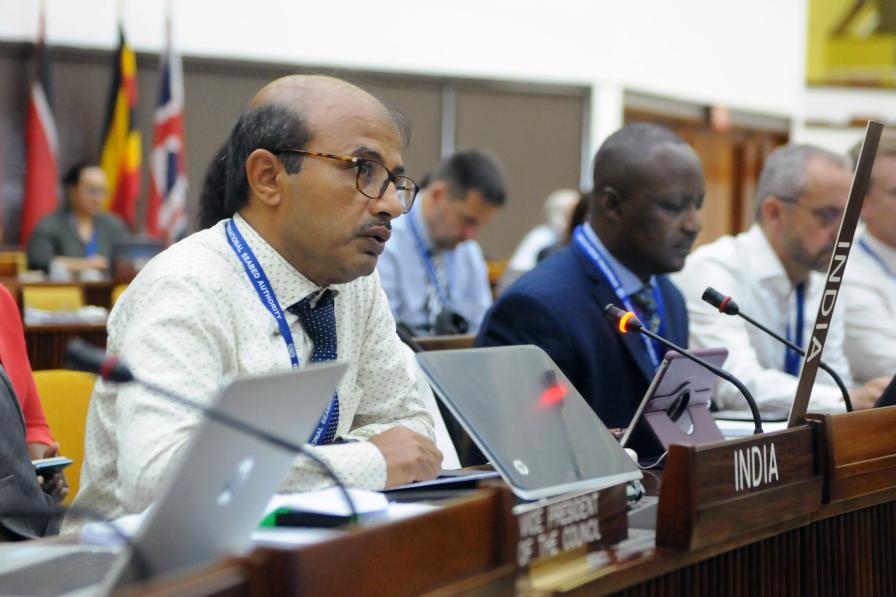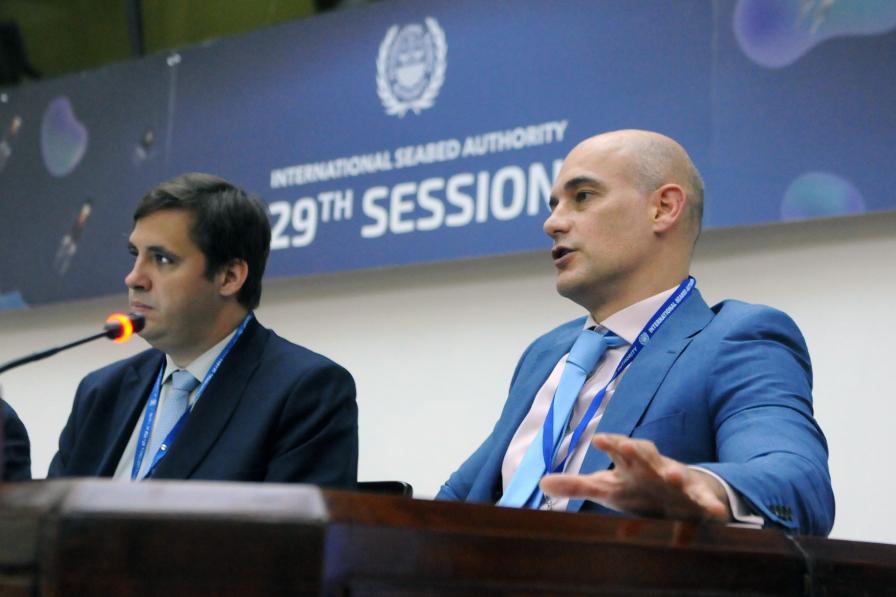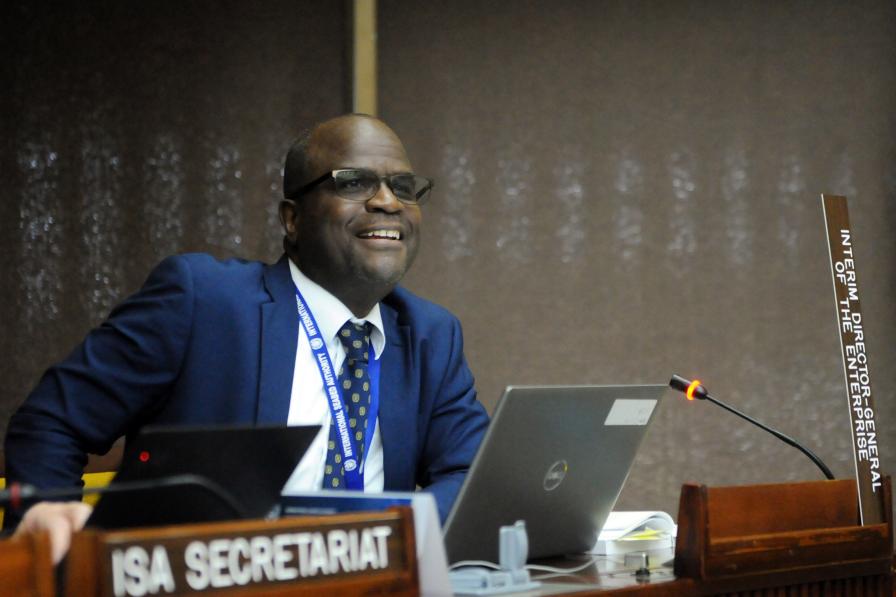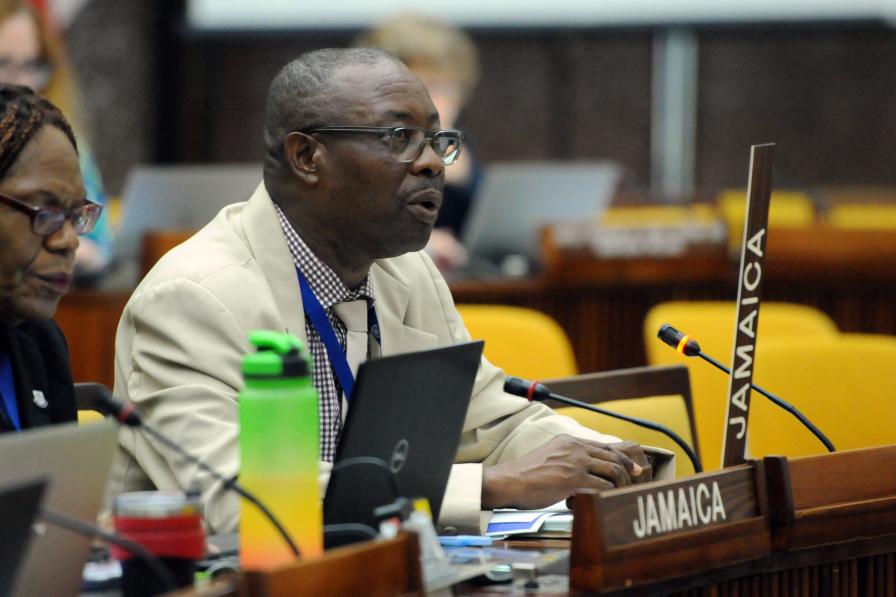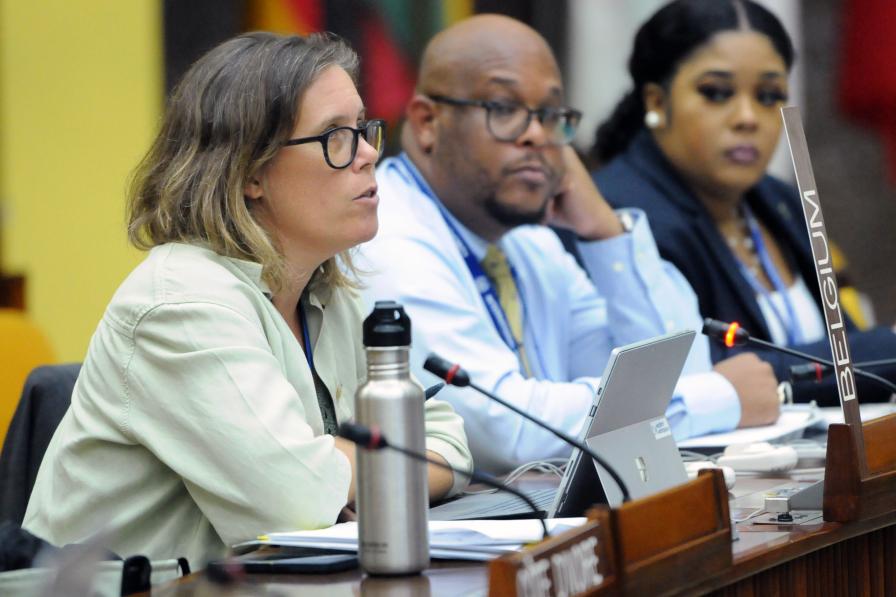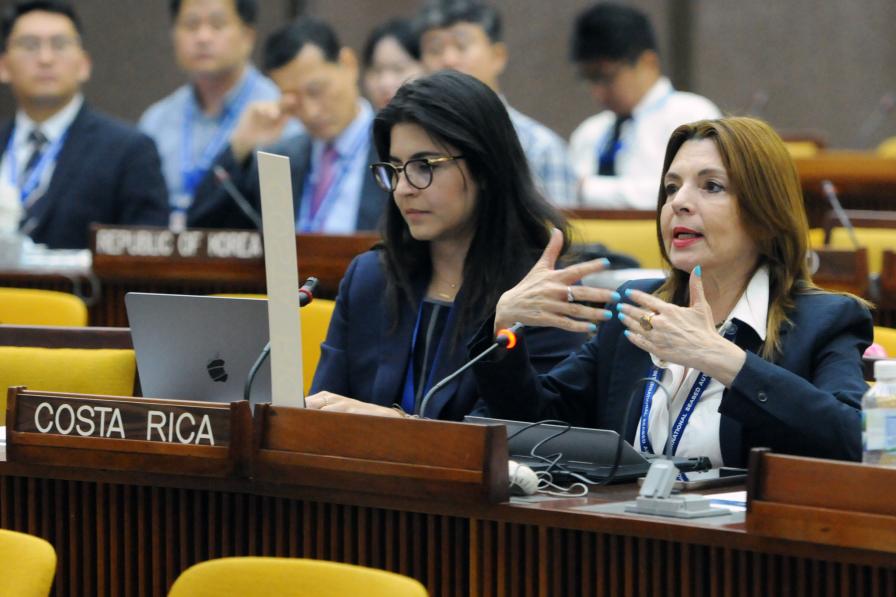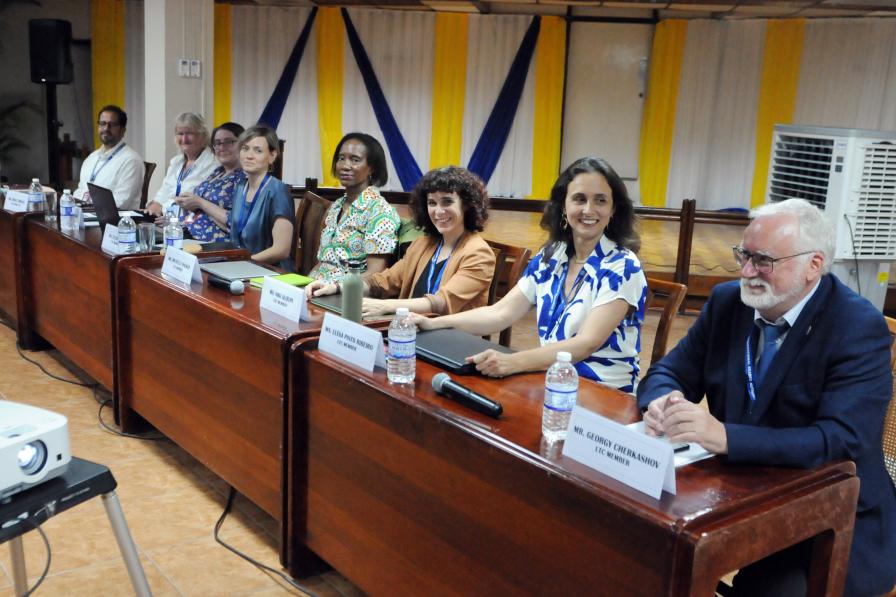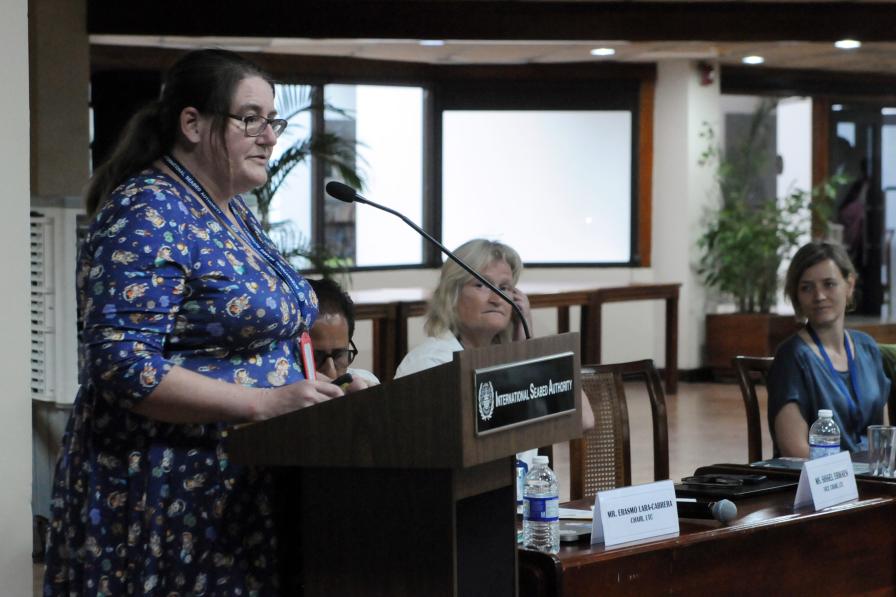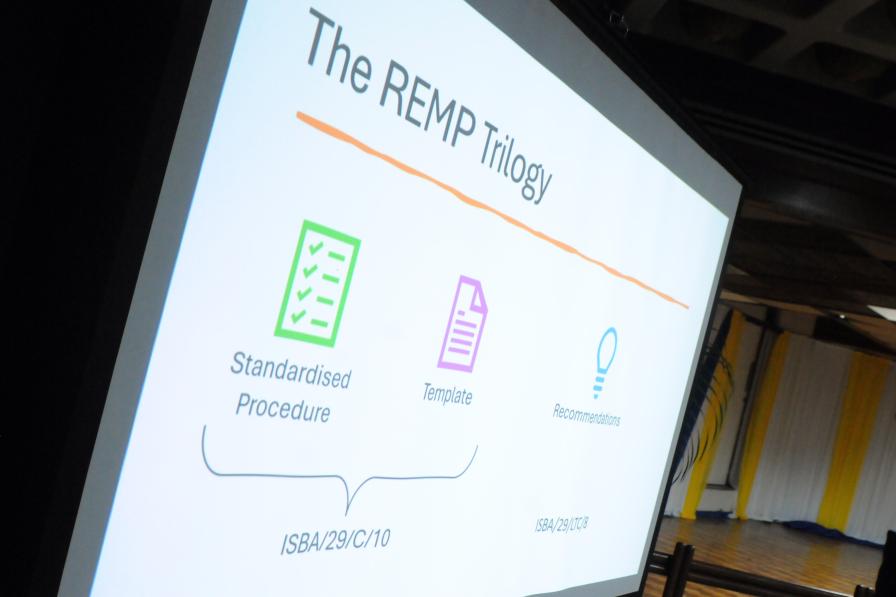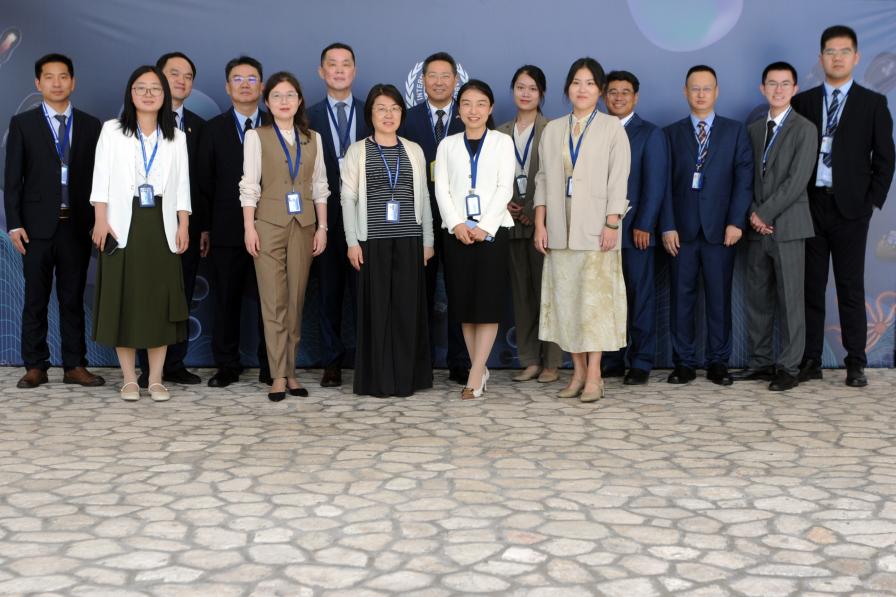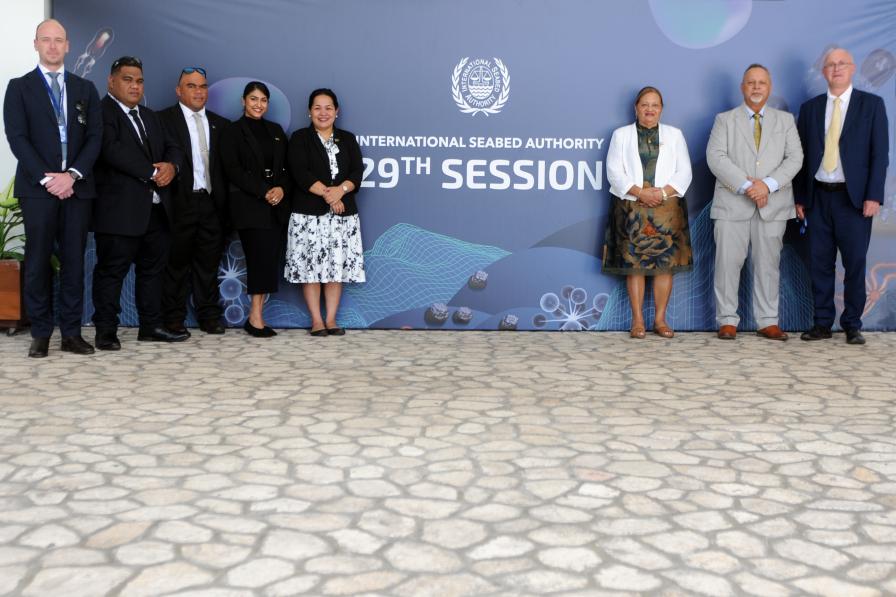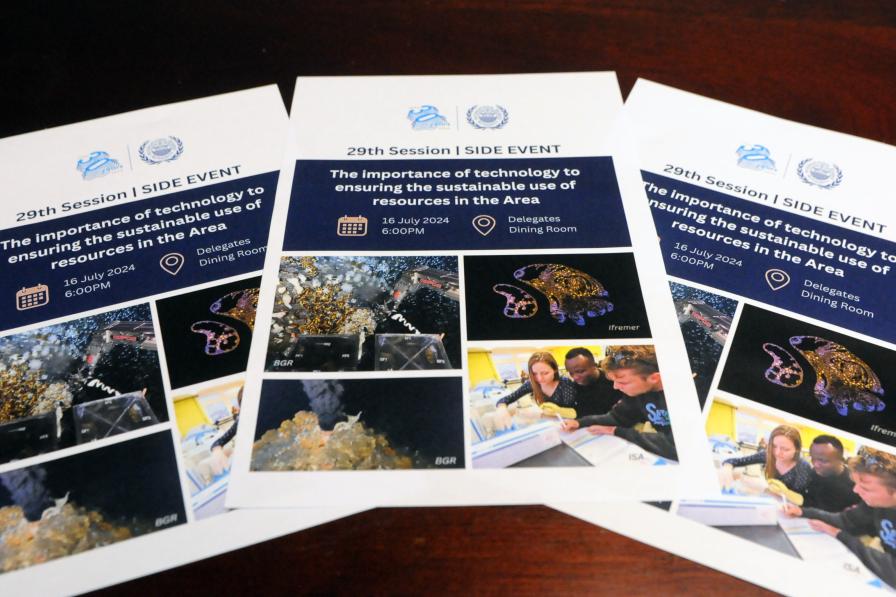The work of the International Seabed Authority (ISA) has come into the spotlight over the last few years as the prospect of commercial deep-sea mining proves controversial. Some ISA members wish to expedite the development of the relevant regulations, expressing readiness to submit plans of work and initiate exploitation as soon as possible. An increasing number of other members, however, call for a precautionary pause or moratorium, expressing concerns over the environmental and socioeconomic impacts of deep-sea mining.
In that respect, the second part of the 29th annual session of the ISA Council is, according to many participants, a key meeting for the future of deep-sea mining. The Council will continue negotiations on the draft regulations on the basis of the consolidated text (ISBA/29/C/CRP.1) and will hold thematic discussions on clusters of identified issues. Delegates will further need to discuss and agree on the way forward given that the last relevant Council decision from July 2023 (ISBA/28/C/24) agreed on a timeline and work modalities until July 2024.
Opening the meeting, Council President Olav Myklebust (Norway), provided an outline of the indicative programme of work, stressing that the draft text of the exploitation regulations is “still a work in progress, open for comments, suggestions, and adjustments.”
Secretary-General Michael Lodge thanked members of the Legal and Technical Commission (LTC) and the Finance Committee for their diligent work prior to the Council’s meeting, as well as those who engaged in intersessional work.
In opening remarks, many delegates expressed their commitment towards developing the exploitation regulations, respecting the multilateral process, and negotiating in a constructive spirit in accordance with the UN Convention on the Law of the Sea (UNCLOS).
Some members, including Chile, Brazil, and Costa Rica, suggested avoiding parallel negotiations and informal meetings, noting that the process is not yet sufficiently advanced for such modalities.
Germany, supported by Ireland, suggested developing a revised version of the consolidated text of the draft exploitation regulations for review and comments rather than scheduling a third Council meeting in 2024. India noted that the current work modalities have proven very effective. China supported all working modalities aimed at facilitating the development of the regulations, potentially including a third meeting in 2024 and any necessary parallel meetings. Nauru urged prioritizing the completion of the draft exploitation regulations through the adoption of a 2024-2025 roadmap.
Observers drew attention to independent scientific evidence that shows we are decades away from making informed decisions about the deep sea. They reiterated the call for a moratorium on deep-sea mining until such evidence is available and environmental impacts known. They further highlighted the opportunity this session gives to move the needle on ocean governance, pointing to recent achievements made within other international agreements.
President Myklebust then invited delegates to focus on the consolidated text containing the draft exploitation regulations, starting deliberations on those regulations not discussed during Part I of the 29th session last March.
On human remains, objects, and sites of an archeological or historical nature (regulation 35), the Federated States of Micronesia reported on intersessional work on underwater cultural heritage focusing on the rights of Indigenous Peoples as well as tangible and intangible cultural heritage. Discussions focused on:
- the deadline for notification by contractors after a relevant finding;
- compensation to contractors for delays or cessation of activities associated with the discovery of remains, objects, or sites;
- the establishment and adoption of standards;
- the inclusion of UN Educational, Scientific, and Cultural Organization (UNESCO) references and the term "underwater cultural heritage";
- alignment with UNCLOS Article 149 (archaeological and historical objects); and
- the importance of consultations with all relevant states. Some observers requested that paleontological remains be maintained in the provision and proposed the establishment of a committee on underwater cultural heritage within the ISA.
On insurance (regulation 36), delegates raised a number of concerns, such as the need to obtain applicable, and potentially multiple, comprehensive insurance policies to cover all aspects of deep-sea mining. They also discussed processes, procedures, and timelines for reporting the modification or termination of insurance policies, the duty to report insurance claims, and the need to streamline the notification process.
Delegates also raised the issue of liability and possible sanctions for contractors, dependent on their notification obligation and the magnitude of damage. A group of delegates proposed additional paragraphs that outline minimum coverage requirements and the need for a regular review process of insurance requirements to align with current industry standards.
On the training plan (regulation 37), a regional group highlighted training as a key non-monetary benefit, underscoring the special needs of developing states, in particular geographically disadvantaged and landlocked ones. The group called for including measures to ensure the protection of trainees as well as gender equality, inclusivity, non-discrimination, and diversity regarding training opportunities. Some delegates proposed amending the regulation’s title to “training obligations” and called for adopting standards for minimum requirements for the training plans.
Delegates further held a thematic discussion on equalization measures, facilitated by Robyn Frost (Australia) with expert advice provided by Daniel Wilde, Commonwealth Secretariat. Wilde highlighted that equalization measures aim to: disincentivize sponsoring state tax avoidance; ensure a level-playing field with land-based mining; increase ISA revenues from a mine; and create a level-playing field between contractors regardless of tax exemptions and subsidies. He elaborated on two proposed options, envisaging either a hybrid model or one based on the profit share, discussing respective advantages and disadvantages.
In the ensuing discussion, delegates focused on: links with subsidies and relevant agreements under the World Trade Organization; how the equalization measures would work in practice for contractors without a sponsoring state; whether equalization measures apply to the Enterprise and, if not, how to best portray this in the regulatory text; and the need for transparency and simplicity.
Some delegates expressed their preference for the profit share option, emphasizing that it is simpler and easier to implement. They cautioned that the hybrid option will require significant additional work. Others favored the hybrid option noting that it: captures revenue comprehensively; mitigates tax avoidance; is flexible and fair; and is aligned with industry practices.
Facilitator Frost proposed to continue working intersessionally, focusing on the differences under both options for different kinds of contractors, providing examples, refining options, and clarifying terms, including subsidies.
In the evening, a side event organized by the LTC focused on regional environmental management plans (REMPs).
To receive free coverage of global environmental events delivered to your inbox, subscribe to the ENB Update newsletter.
All ENB photos are free to use with attribution. For the 2nd Part of the 29th Annual Session of the ISA, please use: Photo by IISD/ENB - Diego Noguera
